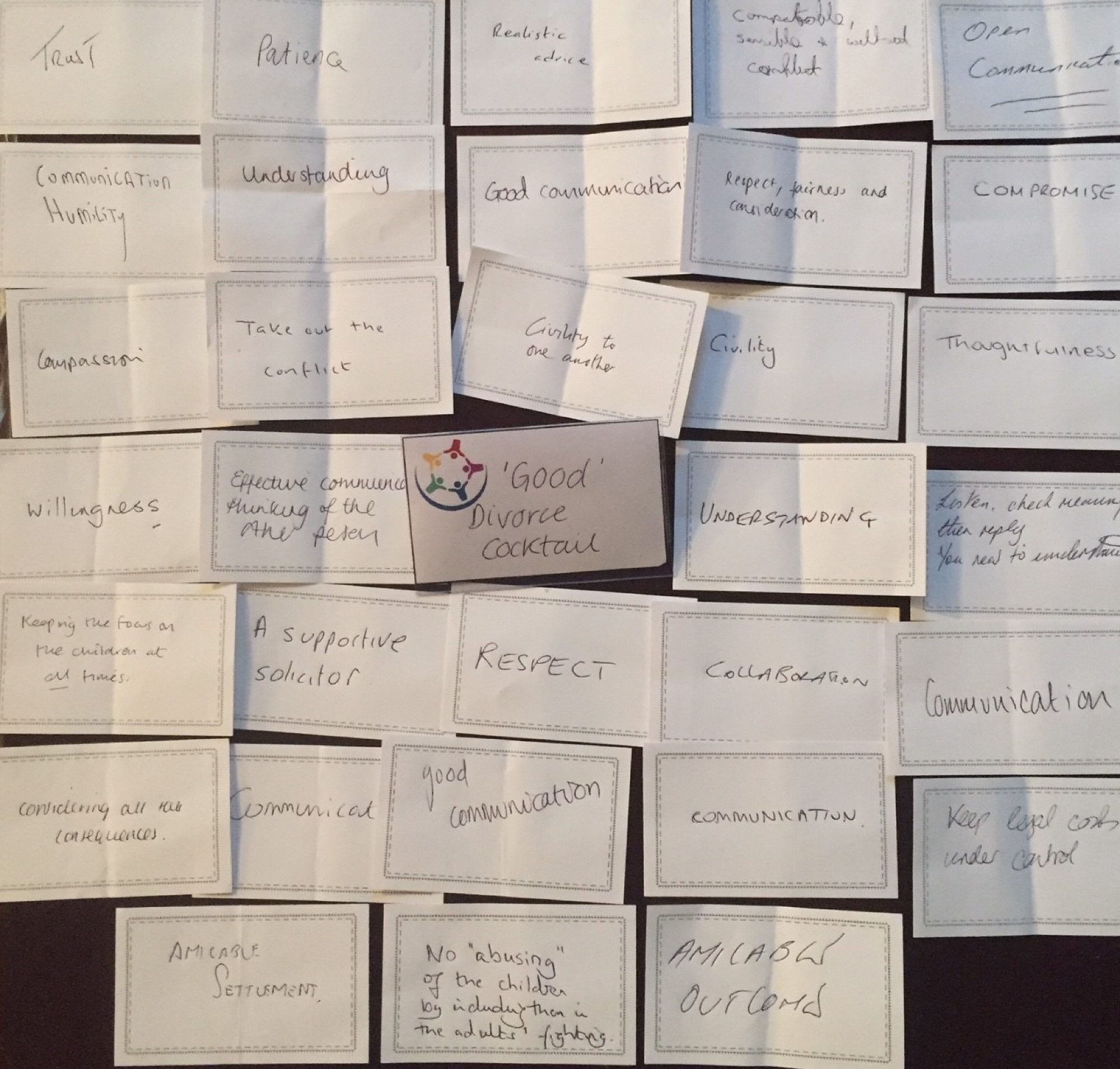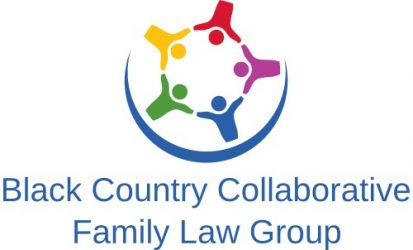Following a relationship breakdown many couples are resolving issues concerning their property and the arrangements for their children by engaging in mediation or the collaborative law process. These options involve the couple meeting face to face and being assisted during the meetings by either a mediator or their collaboratively trained lawyer this way, agreements are often achieved without the expense and stress of court proceedings. Everyone using mediation or the collaborative law process must be assessed to confirm their circumstances are suitable.

Mediation
To engage in the mediation process the couple usually meet with a mediator who remains independent and impartial. The mediator will help the couple to consider the issues which need to be resolved and assist with exchanging relevant information between the couple. The mediator can consider the possible outcomes which could be ordered by the court to assist the couple to reach an agreement. Mediation works best if the couple also take separate independent legal advice during the process. If an agreement isn’t reached, it is possible to make an application to the court to resolve the issues between them.
If the couple are able to reach an agreement, the mediator will prepare a Memorandum of Understanding which is a summary of the couple’s agreement. This document may then be presented to the couple’s independent legal advisors who will convert it into a legally binding document.
Sometimes only one meeting with the mediator is required to achieve an agreement however, in most cases further meetings are needed. Legal Aid may be available in some circumstances.

Collaborative Law
With the collaborative law process, each person will instruct their own collaboratively trained lawyer to provide support and legal advice during a series of ‘four way’ meetings. Generally, between 2 and 5 meetings will be required where the focus will be on working together to find solutions.
At the outset the couple and their lawyers enter into a written agreement to confirm their commitment to resolve all issues within the collaborative law process. It is agreed that if the collaborative law process breaks down and court proceedings are commenced, the same lawyers would not be able to continue to act for the couple and different lawyers would need to be appointed.
The couple remain in control of the collaborative law process, they decide which issues need to be resolved and when the meetings take place. The couple agree that all issues will be discussed openly during the meetings. The two lawyers will provide advice during the ‘four way meetings’ and will collate and provide the relevant information. Independent ‘neutral’ professionals can be invited to attend the meetings to advise the couple and present options for further consideration. Financial planners, accountants and family therapists often form part of the collaborative team. The likelihood of reaching an agreement within the collaborative law process is very high and once this is achieved, a legally binding agreement can be prepared by the lawyers involved.
Whether an agreement is achieved through mediation or the collaborative law process, the couple themselves remain in the ‘driving seat’ and are directly involved in shaping the future arrangements for themselves and their families. When people are actively involved in the decision making process, the agreements reached stand a very good chance of being effective and long lasting. Another bonus with both options is that the likelihood of the couple remaining on good terms is far greater, compared with couples who engage in court proceedings which are often stressful, expensive and can result in an unpalatable solution being imposed on the couple by a judge.




